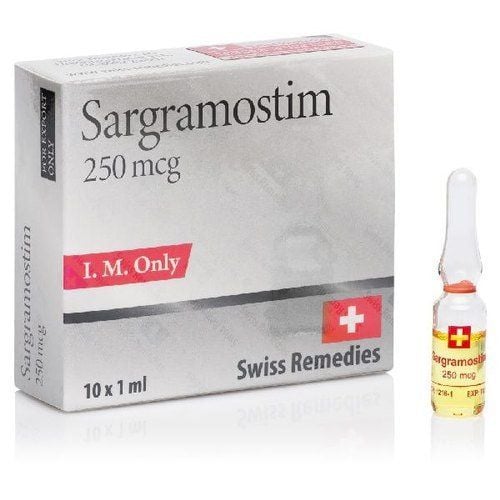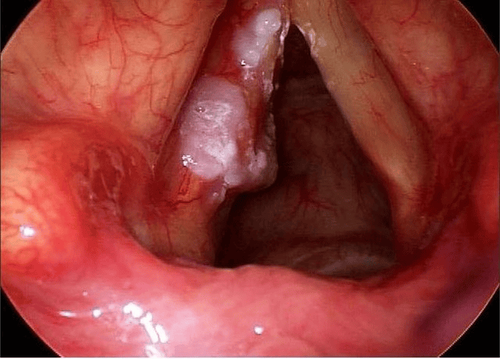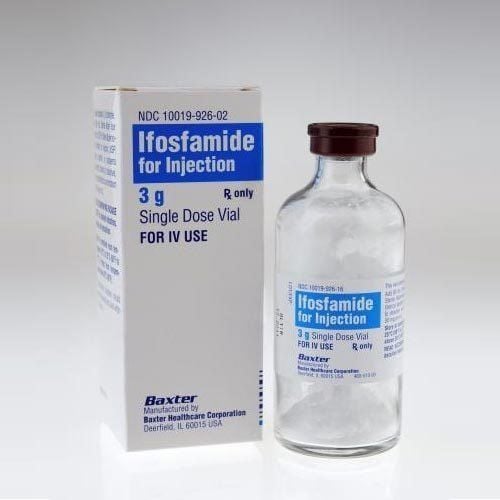This is an automatically translated article.
The article is expertly advised by Mr. Dr. Quach Thanh Dung - Internal Oncologist, Internal Oncology Department, Vinmec Times City International General Hospital.Chemotherapy and targeted therapy are both basic and effective treatments for multimodality of cancer. Chemotherapy kills cancer cells and can also kill healthy cells, while targeted therapy only interferes with specific target molecules that lead to cancer. However, the combination of targeted therapy and chemotherapy will increase the effectiveness of the treatment.
1. Chemotherapy for cancer treatment
Chemotherapy is a method of cancer treatment with cytotoxic drugs that affect the growth and division of cancer cells to destroy these malignant cells. However, not only cancer cells but also healthy cells of the body are affected by the mechanism of action of chemotherapy drugs.Therefore, cancer treatment with chemotherapy drugs often causes many side effects and most common side effects are fatigue, nausea, hair tremors, liver failure, bone marrow failure... This side effect can be prevented, managed and minimized. However, there are also some cases with serious side effects such as pneumonia, heart failure, severe liver and kidney failure... which can affect the dose, duration of treatment, and in some cases, death. At the same time, reducing the dose of chemotherapy or delaying treatment leads to chemotherapy not reaching the most effective. Close monitoring, prevention and timely handling of side effects are the most effective treatment measures.
2. Understanding targeted therapy in cancer treatment
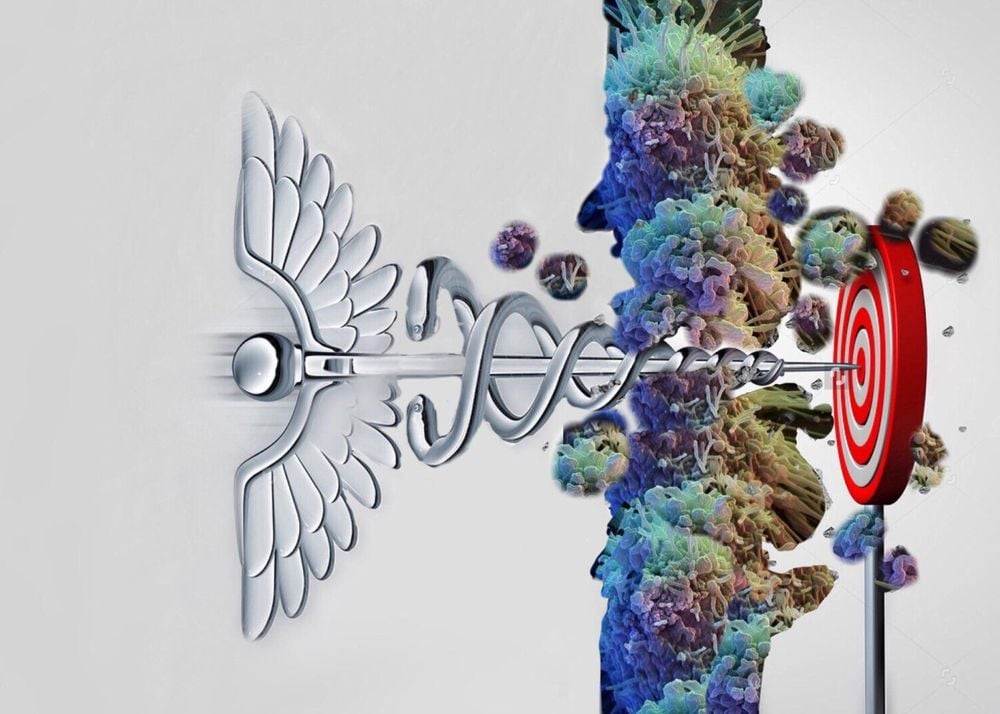
Liêu pháp nhắm trúng đích có thể nhắm chính xác vào các đích tác động đến sự sinh trưởng và phát triển của khối u ác tính
2.1. What is targeted therapy? The difference between normal cells and cancer cells is an important factor in helping medicine find new treatments - targeted therapies that can precisely target targets that affect growth and development. development of malignancies. One of the most basic features of cancer cells is the presence of mutations in genes responsible for cell growth (called oncogenes). Oncogenes and the proteins produced by these oncogenes are the target of targeted therapy. For example, mutant proteins appear and signal repeatedly to stimulate cells to divide uncontrollably, causing cancer. Targeted drugs only block the action of these mutant proteins and have virtually no effect on normal proteins. This mechanism of action only affects cancer cells specifically and does not interfere with healthy cells.
The specificity of targeted therapy in cancer treatment is considered a superior difference compared to chemotherapy, but it also has limitations. The selective mechanism of action to suppress the growth and development of cancer cells may be sufficient to slow the progression of the disease, but not be sufficient to destroy the malignancy. Therefore, many targeted drugs need to be combined with traditional chemotherapy and radiotherapy to increase the effectiveness of treatment and repel cancer.
2.2. Some examples of targeted therapy Breast cancer: About 20-25% of breast cancers overexpress the HER2 receptor. This is a poor prognostic factor for the disease. However, the introduction of anti-Her2 therapy combined with chemotherapy increases the overall survival time as well as disease-free survival for patients. Colon cancer: EGFR, VGEF are factors that lead to the growth and proliferation of blood vessels in colon cancer and cause cancer to grow and spread. Drugs that target EGFR, VGEF can stop the growth and development of cancer thereby slowing the development of the disease. Lung cancer: Small molecule target therapy (TKI) drugs are effective for lung cancer with mutations in EGFR, ALK, ROS, MET, RET positive genes. Melanoma: About half of melanoma cases have mutations in the BRAF gene. There are currently several drugs that have specific inhibitory effects on BRAF (Vemurafenib, Dabrafenib). However, these drugs can be dangerous if melanoma patients do not carry the BRAF mutation. In addition, targeted therapy also applies to many other types of cancer.
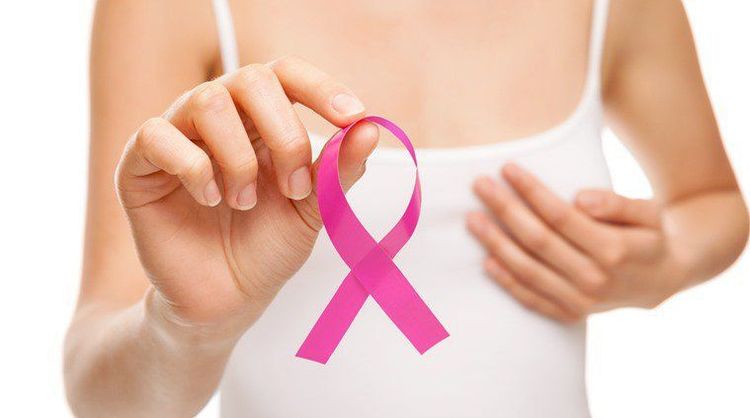
Sự ra đời của liệu pháp điều trị kháng Her2 kết hợp với hóa trị làm tăng thời gian sống cho người bệnh
3. Choose the right treatment method for the patient
Not all malignancies have the same target of action. Therefore, cancer therapy targeting a fixed target will not be effective in all cases. For example, patients with metastatic colorectal cancer who have a native RAS gene may benefit from drugs that target EGFR epithelial growth factor receptor antagonists such as Cetuximab (Erbitux) and Panitumumab (Vectibix). Treatments against epithelial growth factor receptor binding to EGFR proteins on the surface of cancer cells.
In the case of natural RAS, this interaction will block the signals for cell growth and division, thereby preventing cancer cells from growing. But when RAS mutates the EGFR signals are always open and anti-EGFR therapies cannot turn off that signal, so the cancer cells continue to receive the signal to proliferate and grow. Thus, for patients with mutated RAS, anti-EGFR drugs are not effective, patients can use anti-VGEF therapy such as Bevacizumab (Avastin), this method aims to prevent the formation of new blood vessels to feed the tumor, reducing the blood supply to the tumor. In summary, examining the status of the RAS gene will help physicians determine which therapy and mechanism is appropriate for the patient.
Determining the right treatment method helps patients avoid unnecessary side effects, save costs and improve treatment efficiency. Usually, cancer patients before treatment need to be tested for genes, proteins and other factors related to the tumor so that the doctor can choose the most effective therapy.
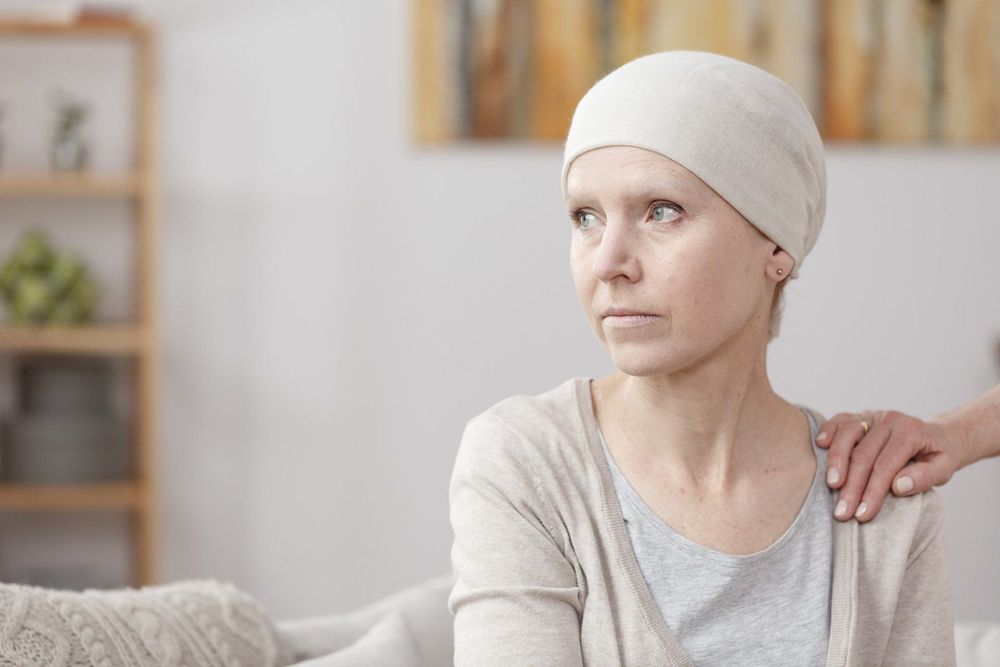
Việc kiểm tra tình trạng của gen RAS sẽ giúp các bác sĩ xác định liệu pháp nào và cơ chế nào là phù hợp cho bệnh nhân
4. Cancer treatment with targeted therapy at Vinmec Times City International General Hospital
Targeted drugs in Vinmec: Currently, Vinmec has most modern targeted drugs in the world, treating many cancers such as lung cancer, breast cancer, and gastrointestinal cancer. , blood cancer...
Cancer treatment process with targeted drugs
Step 1: Examination and assessment to accurately diagnose the disease, stage and find out the goal of treatment. Step 2: Select the most appropriate and effective treatment, possibly combining chemotherapy and radiation (if necessary). Step 3: Monitor the patient closely during treatment to promptly handle unwanted side effects, assess the effectiveness of treatment and choose other more suitable measures when that therapy is no longer effective. . Why should targeted therapy be performed at Vinmec?
Team of highly qualified and experienced doctors. Comprehensive professional cooperation with domestic and international hospitals: Singapore, Japan, USA,.. Having a full range of modern diagnostic facilities such as; Computed tomography, magnetic resonance, PET-CT, cancer marker testing, pathology-molecular biology... There are full range of main cancer treatment methods: robotic surgery, radiation therapy. , chemotherapy, stem cell transplant, immunotherapy, autologous immunity, heat therapy, palliative care... All patients before treatment are approved by a specialized committee (Oncology subcommittee) with the participation of leading experts: Surgery, Internal Oncology, Pathophysiology-molecular biology, Diagnostic Imaging, Radiotherapy... The treatment regimens comply with clinical practice guidelines. international clinical trials, as well as reference to regional and domestic oncology hospitals, the corresponding treatment always ensures the best quality. Comprehensive patient care and treatment, multi-specialty coordination towards individualizing each patient. To learn more about cancer treatments at Vinmec, customers can call hotline: 0243 9743 556 or register online HERE.
Articles refer to the source : Cancer.net; Cancercouncil.com.au
MORE:
Basics of chemotherapy in cancer treatment New information for breast and lung cancer patients Chemotherapy, radiation therapy, immunotherapy How does cancer affect fertility?





